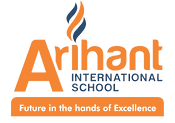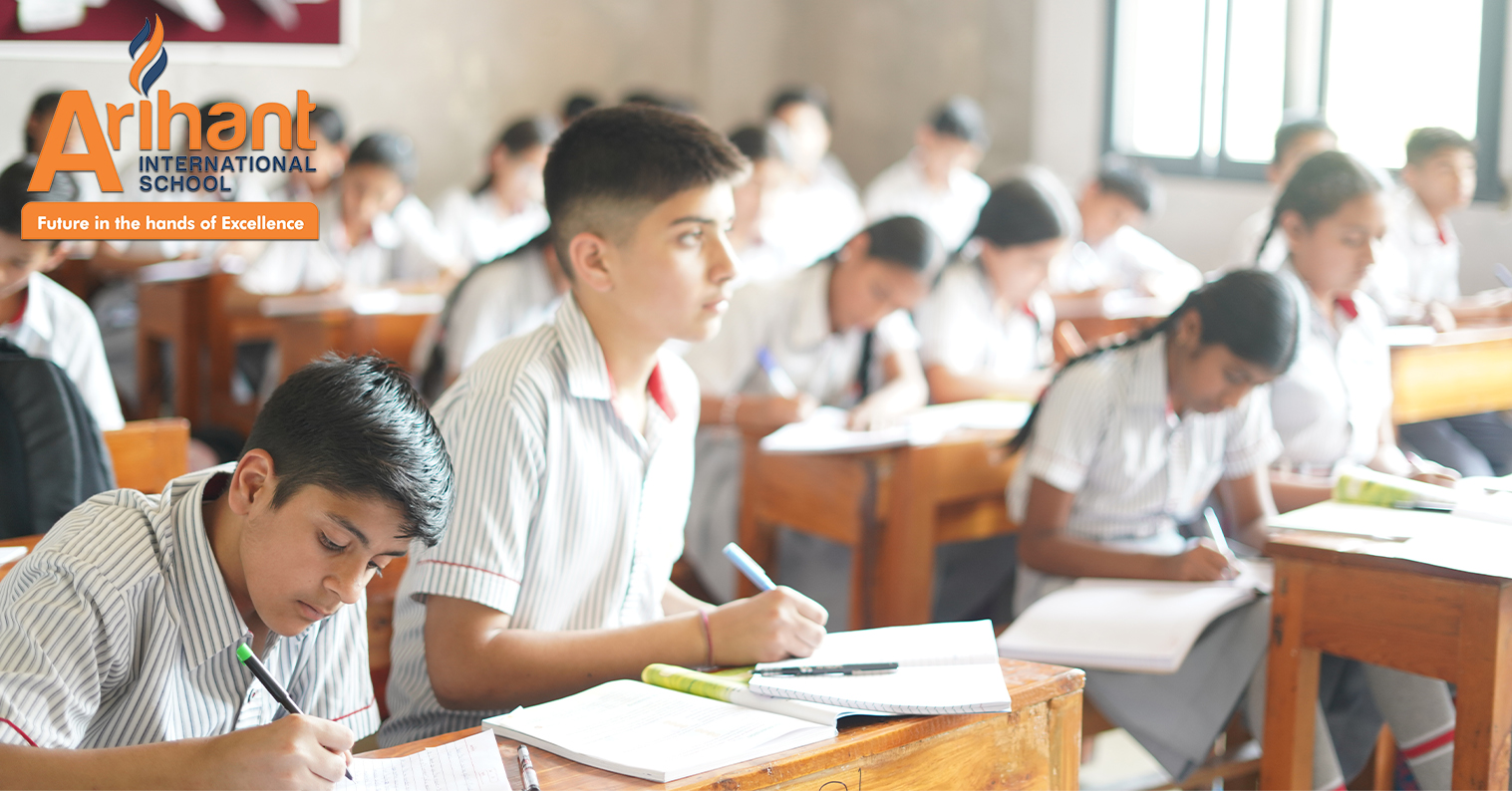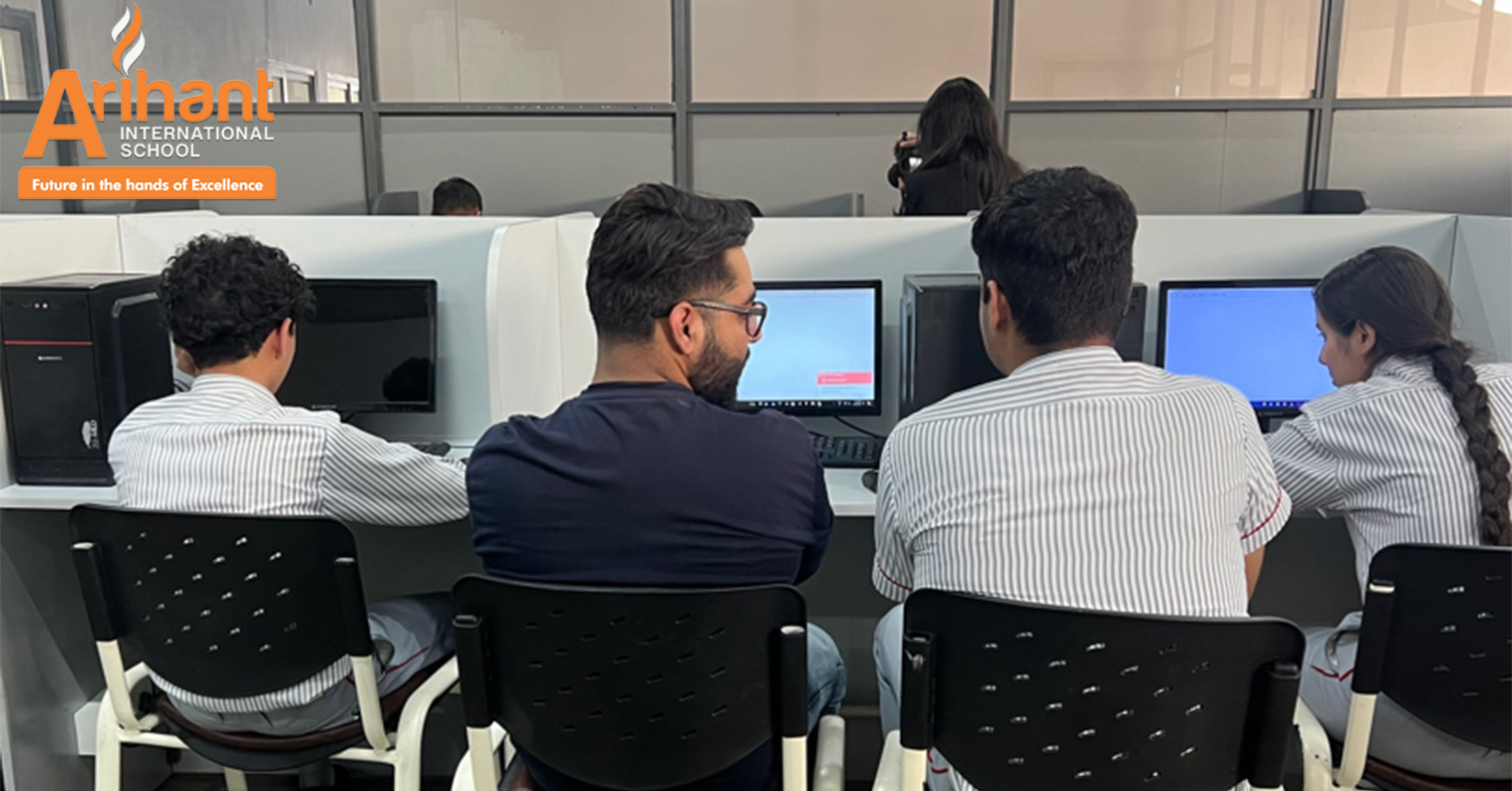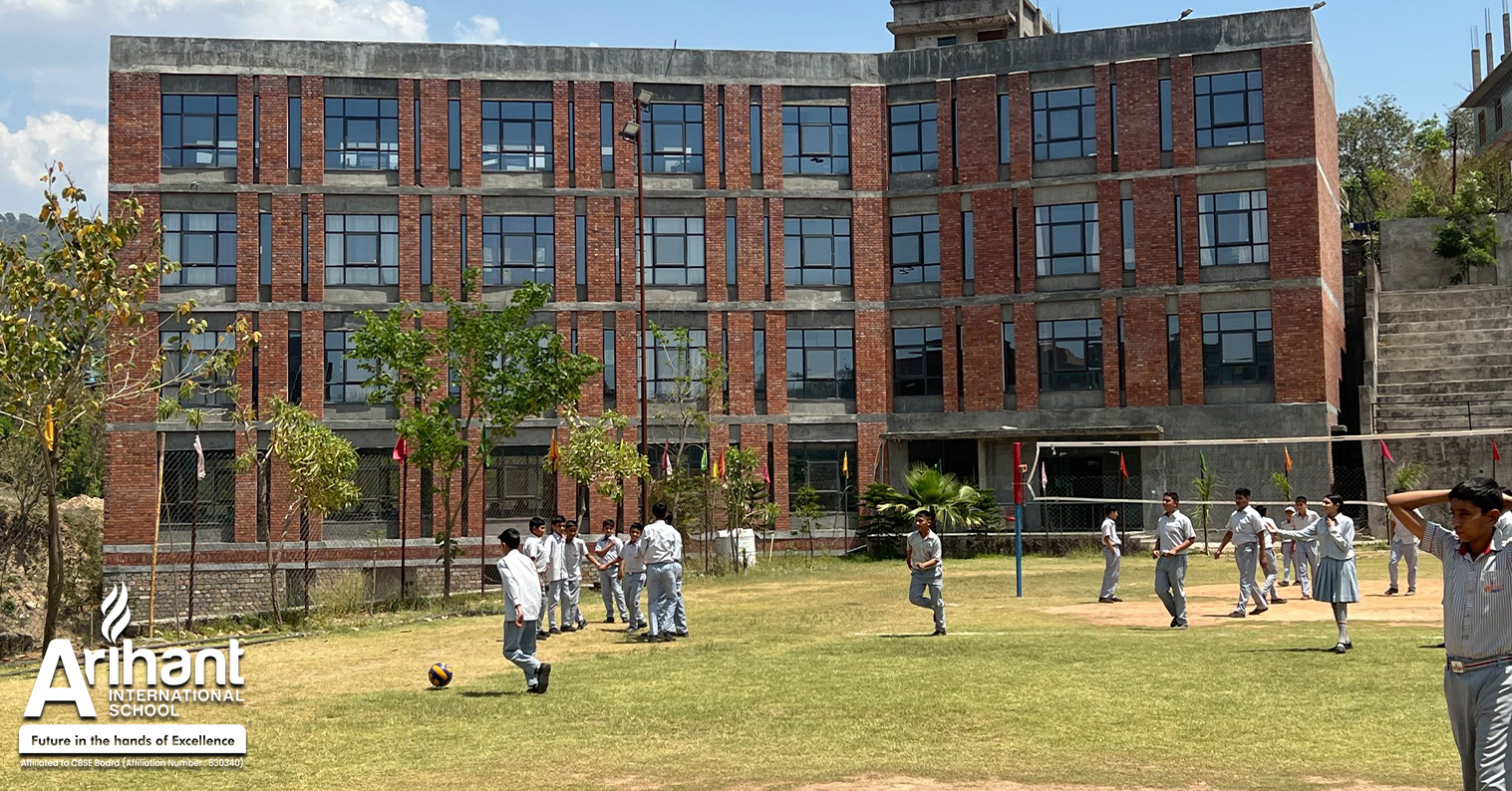
Memory Techniques: Hacking Your Brain for Better Recall
Memory is a crucial aspect of learning and academic success. At Arihant International School, one of the Top School in Himachal Pradesh we understand the importance of equipping students with effective memory techniques that can enhance their ability to retain and recall information. In this blog post, we will explore the fascinating world of memory enhancement and share valuable techniques that students can utilize to boost their memory and academic performance.
Understanding the Science of Memory
Memory is a complex cognitive process that involves encoding, storing, and retrieving information. Various factors, such as attention, repetition, emotional significance, and organization, play a role in how our brains process and remember information. By understanding the principles of memory formation, students can leverage specific techniques to improve their retention and recall abilities.
Harnessing the Power of Memory Techniques
1. Mnemonics:
Mnemonics are memory aids that help students remember information through associations, acronyms, or visual imagery. By creating vivid and meaningful connections, students can enhance their recall of complex concepts and facts.
2. Chunking:
Chunking involves breaking down large amounts of information into smaller, manageable chunks. By grouping related items, students can streamline their cognitive load and improve their capacity to remember longer sequences of information.
3. Visualization:
Visualizing information in the form of mental images or mind maps can enhance memory retention. By engaging the visual cortex of the brain, students can create strong associations and cues that facilitate easier recall.
4. Active Recall:
Active recall refers to the practice of actively retrieving information from memory instead of passively reviewing notes or textbooks. By testing themselves on key concepts and information, students can strengthen their memory retrieval pathways and improve long-term retention.
Implementing Memory Techniques in Learning
1. Spaced Repetition:
Spaced repetition is a technique that involves reviewing information at spaced intervals to reinforce memory retention. By revisiting material at strategic intervals, students can optimize their learning and retention of key concepts.
2. Mindful Learning:
Mindful learning involves paying full attention to the task at hand, engaging actively with the material, and creating meaningful connections. By cultivating mindfulness in their approach to learning, students can deepen their understanding and enhance memory consolidation.
3. Memory Palaces:
Memory palaces are a mnemonic technique that involves visualizing a familiar location and associating specific pieces of information with different parts of the space. By mentally navigating through the memory palace, students can enhance their recall of intricate details and sequences.
Cultivating a Habit of Continuous Learning
At Arihant International School, we emphasize the importance of fostering a growth mindset and a habit of continuous learning. By empowering students with effective memory techniques and study strategies, we enable them to approach their academic pursuits with confidence, resilience, and a thirst for knowledge. By integrating memory enhancement techniques into their daily routines, students can unlock their full cognitive potential and achieve academic success.
Conclusion
Memory techniques play a crucial role in enhancing learning, retention, and academic performance. By leveraging the power of mnemonic devices, visualization, active recall, and other memory enhancement strategies, students at Arihant International School, the Best Boarding School in North India can sharpen their memory skills, boost their recall abilities, and excel in their educational endeavours. Through a proactive approach to memory improvement and a commitment to lifelong learning, students can unlock new levels of cognitive performance and maximize their academic potential.



